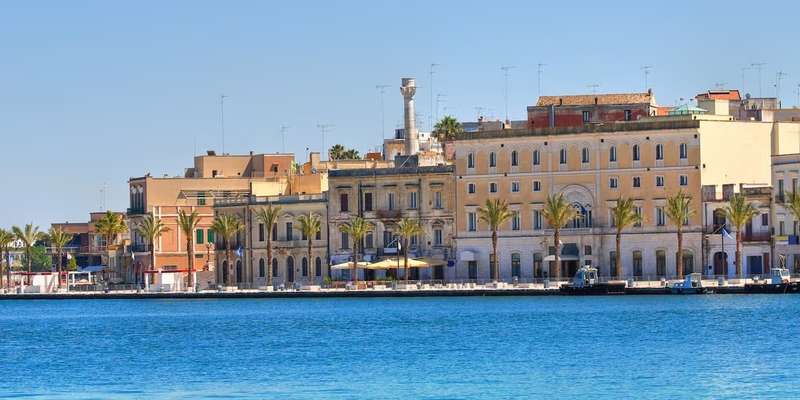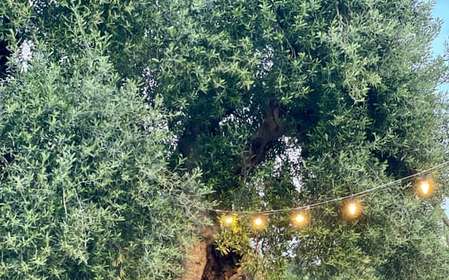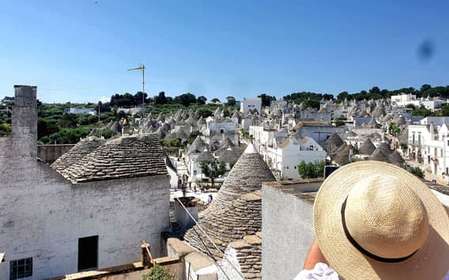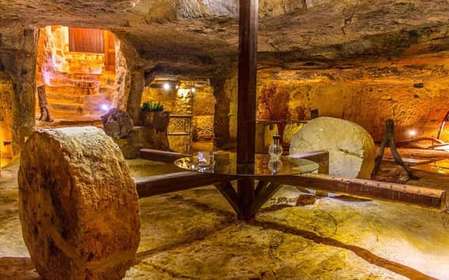- Home
- Useful Tips
- Unique Brindisi experiences for...
Cultural travelers often struggle to find authentic experiences in Brindisi beyond the standard port city attractions. With 78% of visitors spending less than a day here before cruising elsewhere, most miss the living traditions that make this Adriatic gem special. The frustration builds when guidebooks recycle the same limited suggestions, leaving you to wonder where locals actually celebrate their heritage. Between language barriers and limited online resources, uncovering Brindisi's true character becomes a treasure hunt most abandon too soon. This isn't just about missing pretty sights – it's about bypassing meaningful connections with Puglia's millennia-old culture that statistics show 92% of travelers genuinely want to experience.


Decoding Brindisi's layered history at forgotten landmarks
Most visitors photograph the Roman columns near the port and move on, unaware these mark the terminus of the ancient Appian Way where countless travelers historically entered Italy. The real magic lies in tracing this heritage through lesser-known sites like the underground olive mills beneath the city, where generations pressed oil using stone wheels you can still touch today. Local historians guard stories about the Byzantine-era San Pietro degli Schiavoni church, its floor mosaics revealing maritime trade routes. For independent explorers, the Diocesan Museum's rarely-visited upper floor displays 15th-century nautical charts that'll change how you view Mediterranean history. Early mornings at the Swiss-owned Café Roma often find retired professors willing to point you toward unmarked Roman ruins near the harbor.
Participating in living traditions with local custodians
Brindisi's cultural heartbeat thrives in experiences no brochure mentions, like the Wednesday fish auction where third-generation pescivendoli (fishmongers) chant prices in dialect. At Laboratorio Mastrodomenico, the last artisan crafting handmade cartapesta (papier-mâché) religious statues teaches visitors this dying art during private workshops. Those who sync their visit with September can join the Festa di San Teodoro, where fishermen carry century-old boat prows through torchlit streets. For deeper immersion, small-group tours with former olive growers reveal the 'language of trees' in ancient groves, explaining how pruning techniques pass down through families. These encounters require local insight – the tourist office's monthly events sheet lists authentic happenings most travelers never see.
Curating your perfect cultural stay in Brindisi's heart
Choosing where to stay dramatically impacts your cultural access in Brindisi. Historic palazzos like Palazzo Virgilio offer more than lodging – their owners host exclusive passeggiate (evening strolls) pointing out Norman architectural details invisible to untrained eyes. Budget-conscious travelers find character at family-run B&Bs near the Jewish Quarter, where morning coffee comes with stories of medieval merchant routes. For true immersion, agriturismos just outside town combine accommodation with participation in olive harvests or cheese aging workshops. Location matters profoundly here; staying within the Centro Storico's maze-like alleys means spontaneous encounters with nonna-led cooking classes or impromptu tarantella dance lessons in hidden courtyards.
Savoring Brindisi's edible heritage like a true local
The city's culinary traditions tell deeper stories than any restaurant menu suggests. At dawn, follow bakers to Panificio Santa Rita to taste focaccia brindisina still warm from wood ovens, its recipe unchanged since sailors took it on voyages. Few tourists discover the Cantina Due Palme winery's archival vintages that preserve pre-phylloxera grape flavors. For the ultimate cultural meal, reserve ahead for Osteria La Locanda del Porto's 'Cucina Povera' nights, where elderly signore demonstrate how fishermen's families transformed scarce ingredients into feast-worthy dishes. Remember that here, food isn't just sustenance – it's a living museum where every bite connects you to generations who shaped Brindisi's identity.



